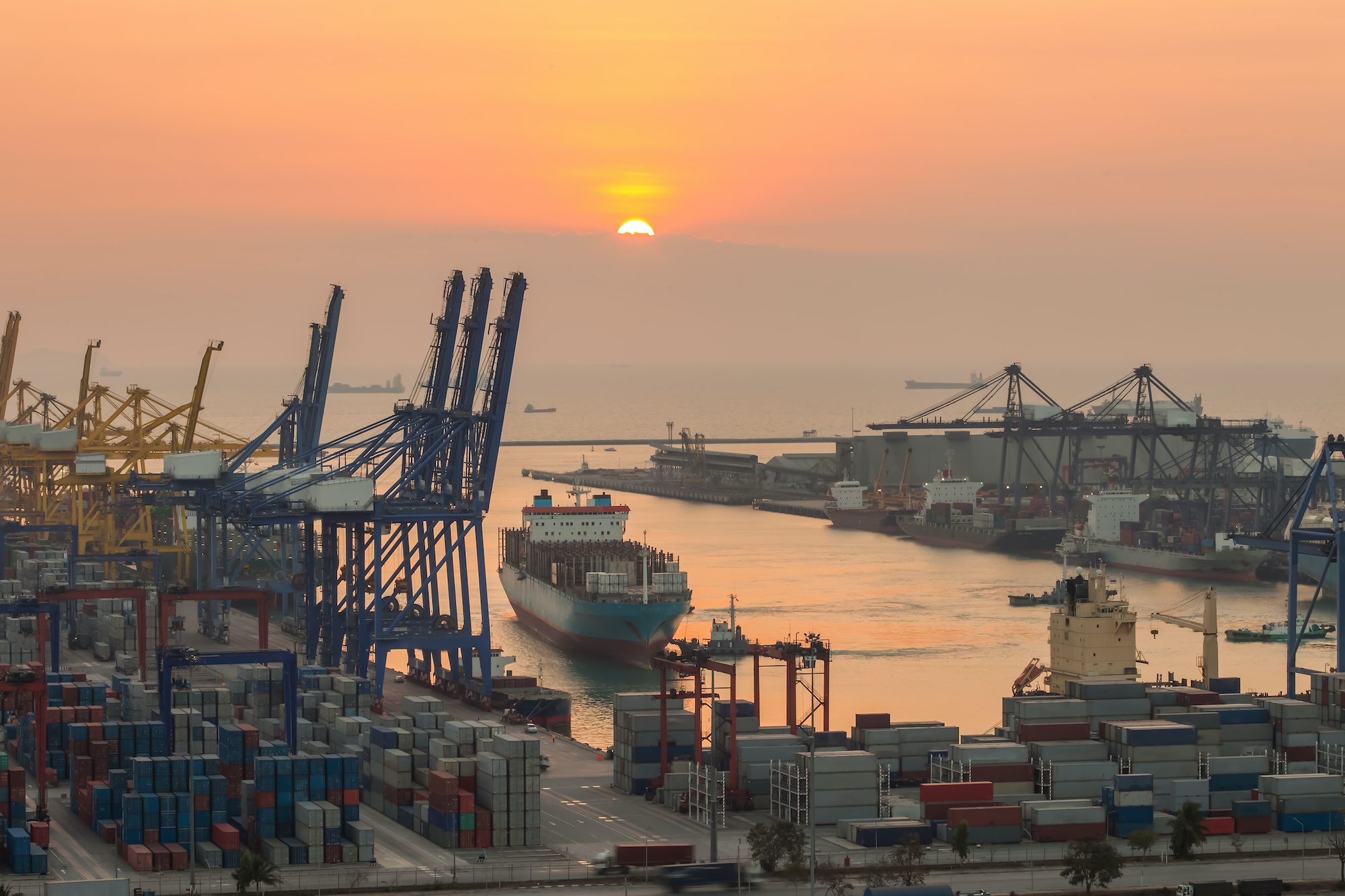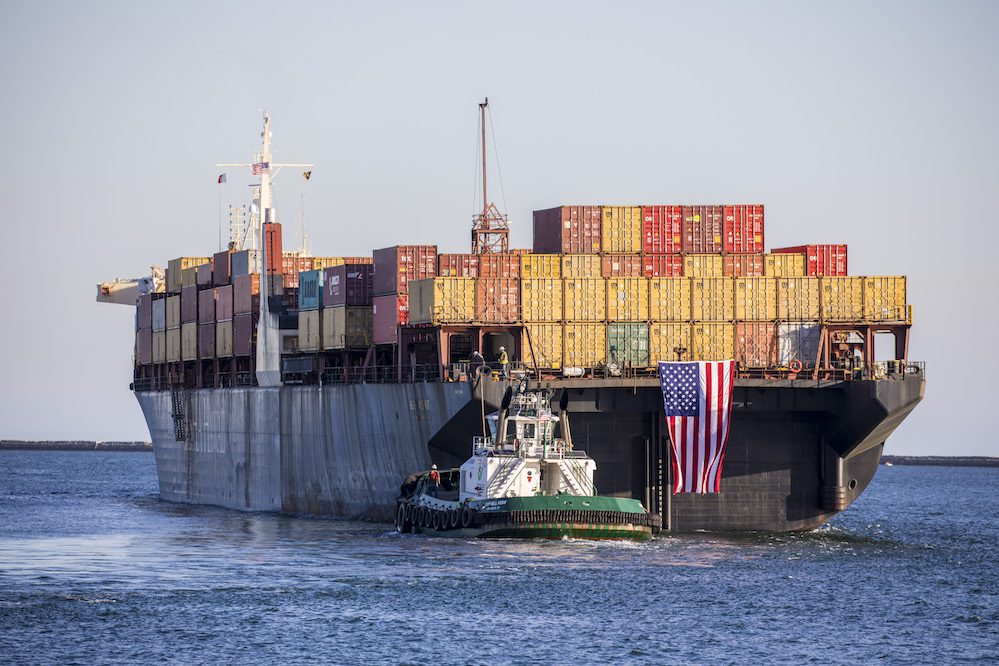The cost of fuel in shipping’s energy transition will increase along with compliance costs, according to an executive at Yara Marine Technologies.
The inclusion in shipping in EU carbon market (e.g., Emissions Trading System) in 2024 and introduction of the FuelEU Maritime regulations in 2025 are two EU key initiatives that have major implications for shipping interests doing business in the EU.
Aleksander Askeland, Chief Sales Officer of Yara Marine Technologies, a subsidiary of Yara International, told S&P Global Commodity Insights that operating costs, especially fuel-related costs, will rise along with the expenses of complying with regulatory limits on greenhouse gas emissions. In fact, Askeland believes that in some cases, the cost of EUA (European Union Allowance) credits could even be equivalent to 50% of the fuel cost.
To mitigate these increasing costs, Askeland emphasized the importance of shipowners investing in technologies that can reduce both fuel costs and emissions throughout the vessel’s lifetime. He also noted that small and medium-sized companies will face greater challenges in coping with the growing costs and compliance burden.
Askeland suggested that smaller companies should consider working with third-party service providers, such as classification societies, to keep the overall cost of compliance low. He stressed that these companies should focus on reducing their exposure to variable costs for bunkers and carbon credits.
Risks and contractual regulations should also be taken into account, considering one player in a supply chain could potentially impact the exposure of others. Askeland highlighted the importance of well-defined clauses and maintaining strong relationships with partners to limit exposure and ensure appropriate planning and response to changing market conditions.
Looking ahead, the maritime industry is expected to see a surge in demand for low-carbon ammonia to meet decarbonization targets. According to S&P Global, demand for low-carbon ammonia from the industry is projected to reach 166 million metric tons in 2050.

 Join The Club
Join The Club











